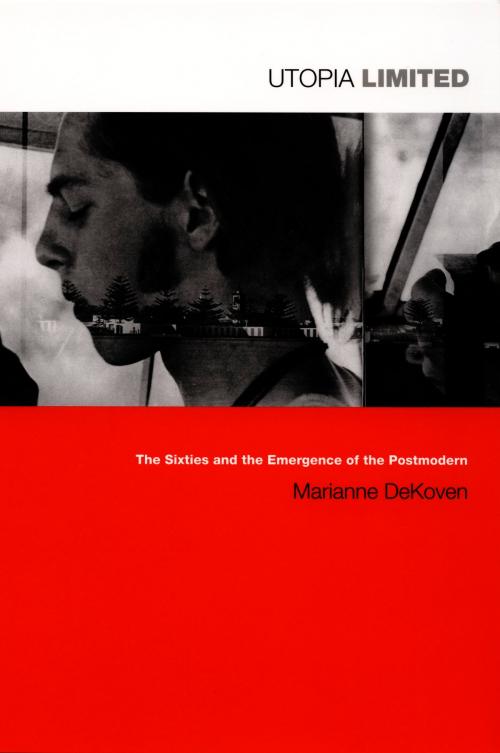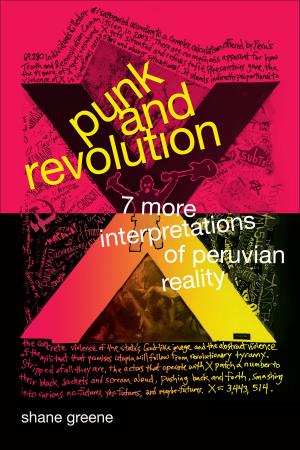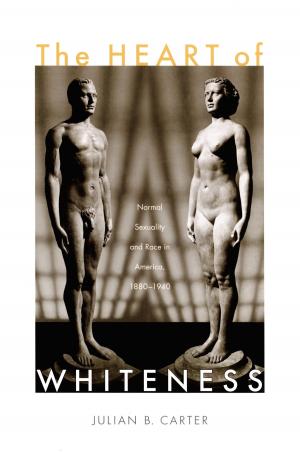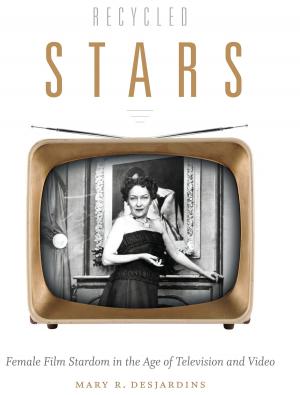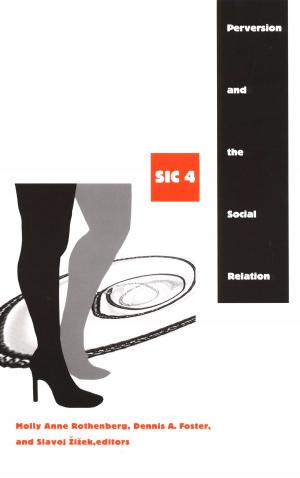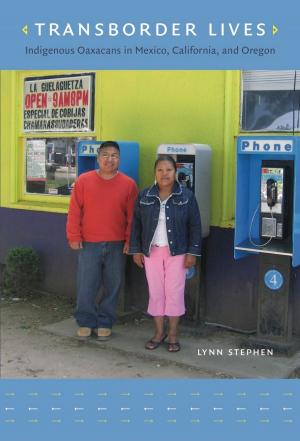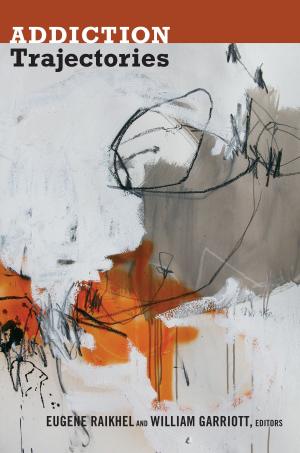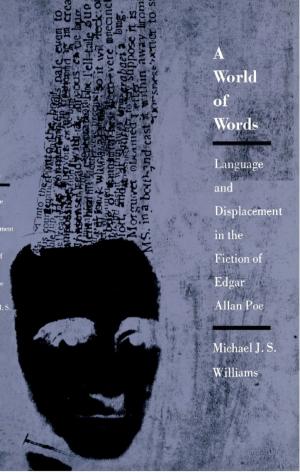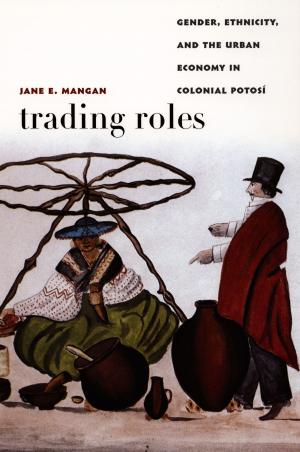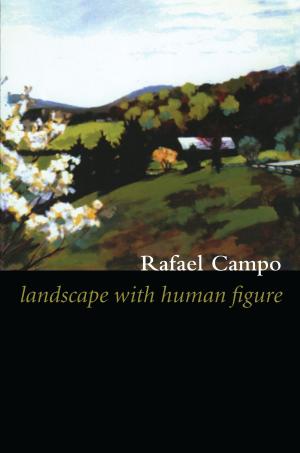Utopia Limited
The Sixties and the Emergence of the Postmodern
Nonfiction, Social & Cultural Studies, Political Science, Politics, History & Theory, History, Americas, United States, Social Science| Author: | Marianne DeKoven, Stanley Fish, Fredric Jameson | ISBN: | 9780822385455 |
| Publisher: | Duke University Press | Publication: | May 10, 2004 |
| Imprint: | Duke University Press Books | Language: | English |
| Author: | Marianne DeKoven, Stanley Fish, Fredric Jameson |
| ISBN: | 9780822385455 |
| Publisher: | Duke University Press |
| Publication: | May 10, 2004 |
| Imprint: | Duke University Press Books |
| Language: | English |
Utopia Limited is an original, engaging account of how postmodernism emerged from the political and cultural upheaval of the 1960s. Marianne DeKoven argues that aspects of sixties radical politics and culture simultaneously embodied the full, final flowering of the modern and the beginning of the postmodern. Analyzing classic sixties texts, DeKoven shows where the utopian master narratives underlying the radical and countercultural movements gave way to the “utopia limited” of the postmodern as a range of competing political values and desires came to the fore. She identifies the pivots where the modern was superseded by the nascent postmodern: where modern mass culture was replaced by postmodern popular culture, modern egalitarianism morphed into postmodern populism, and modern individualism fragmented into postmodern politics and cultures of subjectivity.
DeKoven rigorously analyzes a broad array of cultural and political texts important in the sixties—from popular favorites such as William S. Burroughs’s Naked Lunch to political manifestoes including The Port Huron Statement, the founding document of SDS (Students for a Democratic Society). She examines texts that overtly discuss the conflict in Vietnam, Black Power, and second-wave feminism—including Frances FitzGerald’s Fire in the Lake, James Baldwin’s The Fire Next Time, and Shulamith Firestone’s The Dialectic of Sex; experimental pieces such as The Living Theatre’s Paradise Now; influential philosophical works including Roland Barthes’s Mythologies and Herbert Marcuse’s One-Dimensional Man; and explorations of Las Vegas, the prime location of postmodernity. Providing extensive annotated bibliographies on both the sixties and postmodernism, Utopia Limited is an invaluable resource for understanding the impact of that tumultuous decade on the present.
Utopia Limited is an original, engaging account of how postmodernism emerged from the political and cultural upheaval of the 1960s. Marianne DeKoven argues that aspects of sixties radical politics and culture simultaneously embodied the full, final flowering of the modern and the beginning of the postmodern. Analyzing classic sixties texts, DeKoven shows where the utopian master narratives underlying the radical and countercultural movements gave way to the “utopia limited” of the postmodern as a range of competing political values and desires came to the fore. She identifies the pivots where the modern was superseded by the nascent postmodern: where modern mass culture was replaced by postmodern popular culture, modern egalitarianism morphed into postmodern populism, and modern individualism fragmented into postmodern politics and cultures of subjectivity.
DeKoven rigorously analyzes a broad array of cultural and political texts important in the sixties—from popular favorites such as William S. Burroughs’s Naked Lunch to political manifestoes including The Port Huron Statement, the founding document of SDS (Students for a Democratic Society). She examines texts that overtly discuss the conflict in Vietnam, Black Power, and second-wave feminism—including Frances FitzGerald’s Fire in the Lake, James Baldwin’s The Fire Next Time, and Shulamith Firestone’s The Dialectic of Sex; experimental pieces such as The Living Theatre’s Paradise Now; influential philosophical works including Roland Barthes’s Mythologies and Herbert Marcuse’s One-Dimensional Man; and explorations of Las Vegas, the prime location of postmodernity. Providing extensive annotated bibliographies on both the sixties and postmodernism, Utopia Limited is an invaluable resource for understanding the impact of that tumultuous decade on the present.
